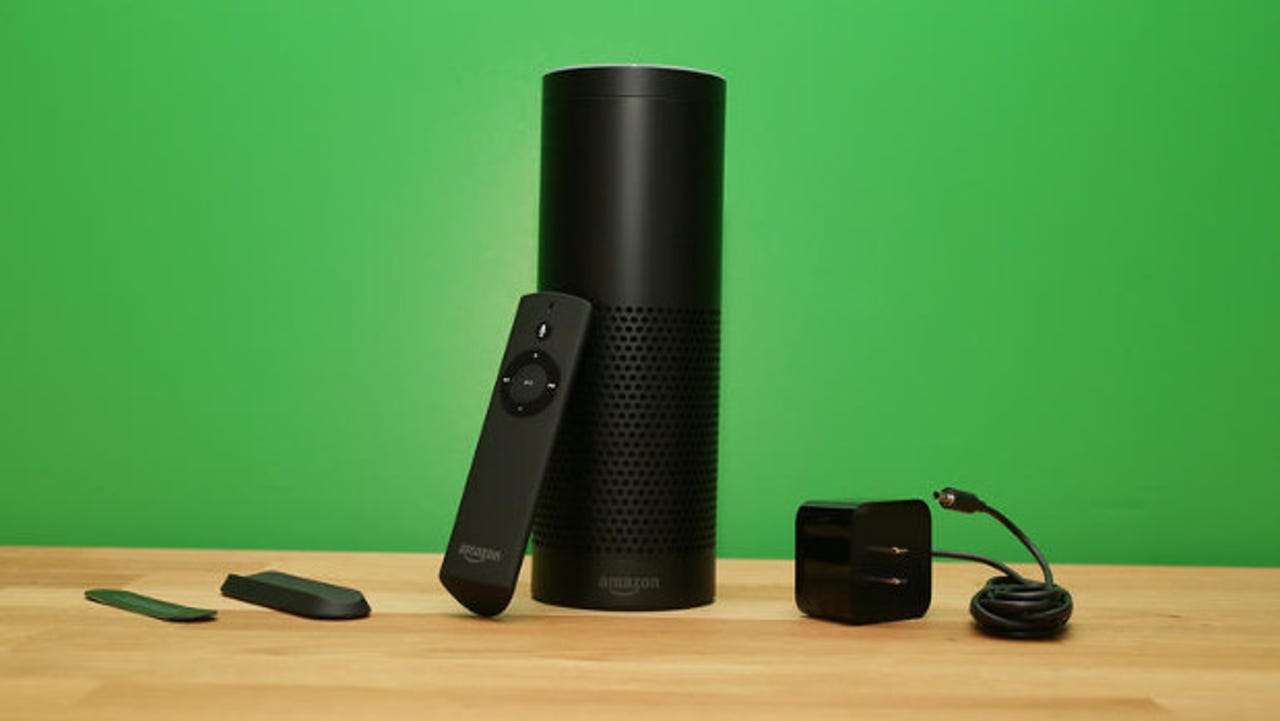CES 2016: Amazon Echo's Alexa plays a starring role (and she's not even there)


Ask an Amazon Echo, "Alexa, where are you?" And you're sure to get any number of witty responses. One of them won't be, "I'm at the Consumer Electronics Show," however. You'd be hard pressed to know that.
A number of hardware makers took to CES by announcing Amazon Echo integration through Alexa, even though Amazon itself isn't at the show. As The Verge's Nick Statt notes, this is "Amazon's stealth takeover of the smart home at CES 2016."
More CES 2016
How can that be?
It's simple really, and if you've been following Alexa over the past year, you'd know why. Amazon has created perhaps one of the best voice-activated cloud platforms for the smart home yet. Yes, Amazon Echo is a product, but Alexa is really the platform that matters most.
Back in August, Amazon introduced a developer preview of its free Alexa Voice Service, for example.
That allows third-party hardware makers to integrate the voice controls and cloud smarts into their own products. And as evidenced by a number of CES product launches, some companies are tapping into Alexa.
Take the $29 TrackR Bravo tag. You attach the small, round Bluetooth enabled device to your laptop bag, coat, keys or what have you to help you find your stuff. This year, TrackR Bravo will integrate with Alexa so that you can simply ask her to find your tagged belongings.
Earlier this week, Ford announced it too would integrate with the Amazon Echo. The system will work both ways: from Alexa to your car and vice-versa.
Ford is working to integrate its in-car systems with smart home packages.
Sitting at home you might want to know the fuel range of your Ford vehicle: Simply ask Alexa and she can tell you. But when behind the wheel, you can use an Echo as well. Perhaps like me, you have various smart home devices such as lights or a thermostat connected to your Echo. A few miles from home, you can tell Alexa to turn on lights and adjust the temperature, simply by speaking to the in-car Ford system.
More Alexa
Then there's Invoxia's Triby: A small Bluetooth speaker with a magnet so you can attach it to various things around the home. Alexa will be built in so that different family members can request music playback or make voice-over-IP calls.
Why the sudden the movement for third-party Alexa adoption? Simply put, Amazon is providing all of the tools to make it easy and free for developers and device makers.
It doesn't hurt that Alexa is quite good at hearing and responding to requests, either. There's no need for a company to spend tons of R&D to develop its own speech-recognition system that taps into the cloud when Amazon provides a more than serviceable option.
And while we're hearing all about gesture controls as well as AR and VR as interfaces at CES, speech - when done right - may be the best interface of all when it comes to the smarthome. It's invisible and easy for multiple people to use, regardless of what devices they have (or don't) on their person.